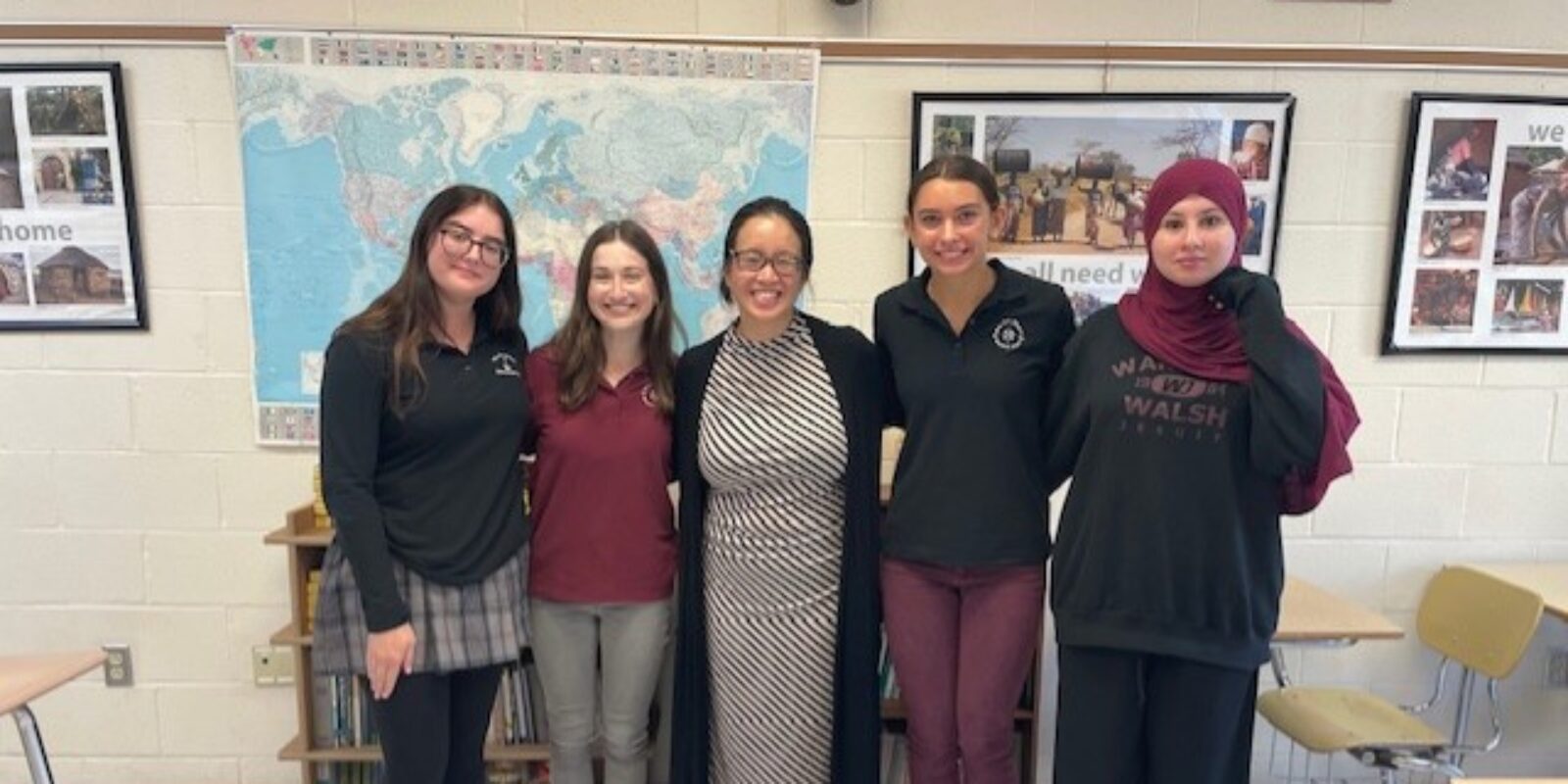Kenya: A Journey to Self-Reliance
17 June 2015|Angela Wells
As countries around the globe continually implement policies to push back and exclude migrants and refugees, they are missing out on a vital opportunity to push their communities forward. Kenya is no exception.
After Ethiopia, Kenya is Africa’s second largest refugee-hosting country, with more than 500,000 refugees within its borders. As emergency crises escalate in Burundi and South Sudan, and protracted crises in the Democratic Republic of Congo, Somalia and elsewhere continue, this number is likely to grow. In fact, nearly 50,000 South Sudanese refugees have already arrived in Kenya this year.
Rather than offering refugees opportunities to learn and work, the Kenyan government has taken an isolation approach, obliging almost all refugees to live in camps and restricting their movement. This largely inhibits their ability to integrate into Kenyan society, and thus ultimately to contribute in a meaningful way to their host communities.
Despite the forced encampment policy, at least 50,000 refugees have chosen to remain in Nairobi. Some have been here for decades and consider it home. Others believe they will one day return home or move elsewhere, but all are seeking opportunities in Nairobi to further their education, earn an income, and prepare for their futures by taking the first steps toward self-reliance.
Regardless of the obstacles, many refugees have been able to find a way to support themselves and greatly contribute to the Kenyan economy. Eastleigh, a predominately Somali neighborhood with a high refugee population, is a major commercial hub in Eastern Africa. Refugees often staff and sometimes run these businesses. Approximately $100 million passes through the Eastleigh economy monthly.
The United Nations and other humanitarian agencies are dealing with unprecedented emergencies in Africa, the Middle East and South Asia. Protracted aid programmes are feeling the brunt as funds are shifted to cover these new emergencies. The United Nations High Commissioner for Refugees noted earlier this year that in addition to direct aid — which is becoming more tenuous as crises erupt — there is “a huge role to play in providing opportunities for employment in host countries, to benefit both local people and refugee populations.” Refugees who can provide for themselves take a huge strain off already overstretched humanitarian budgets.
Many of the agencies that do exist in the city provide assistance to refugees to continue their education or start businesses. In 2014, Jesuit Refugee Service partnered with the UN refugee agency (UNHCR) to provide vocational trainings 300 people, both refugees and host community members, as well as scholarships to 369 students at early childhood, secondary and university levels. Unfortunately, even with education and NGO support most refugees in Nairobi hit a glass ceiling, preventing them from reaching their full potential.
After finishing a Masters degree in Kenya, Alice Bahizi, was offered a job in Malawi. The rigid Kenyan system would not allow her to get the documents necessary to leave the country and pursue the opportunity. Alice and many others are stuck between a rock and a hard place, unable to work abroad, but also often struggling to obtain work permits within Kenya.
Most refugees, therefore, take the initiative to start their own enterprises. Pierre Muhire, a Rwandan refugee, did just that when after he finished JRS-sponsored computer science degree and business training. Later, JRS gave him a start-up loan with which he was able to open a cyber café in a Nairobi suburb. He later transformed it into a computer college where he trains 25 people, mostly Kenyan Masai, in basic computer skills.
Alice and Pierre are examples of the heights refugees can reach when given the chance. Refugees flee their homes, but with them, they bring their skills, education and perspectives which can move themselves and their new communities forward.


